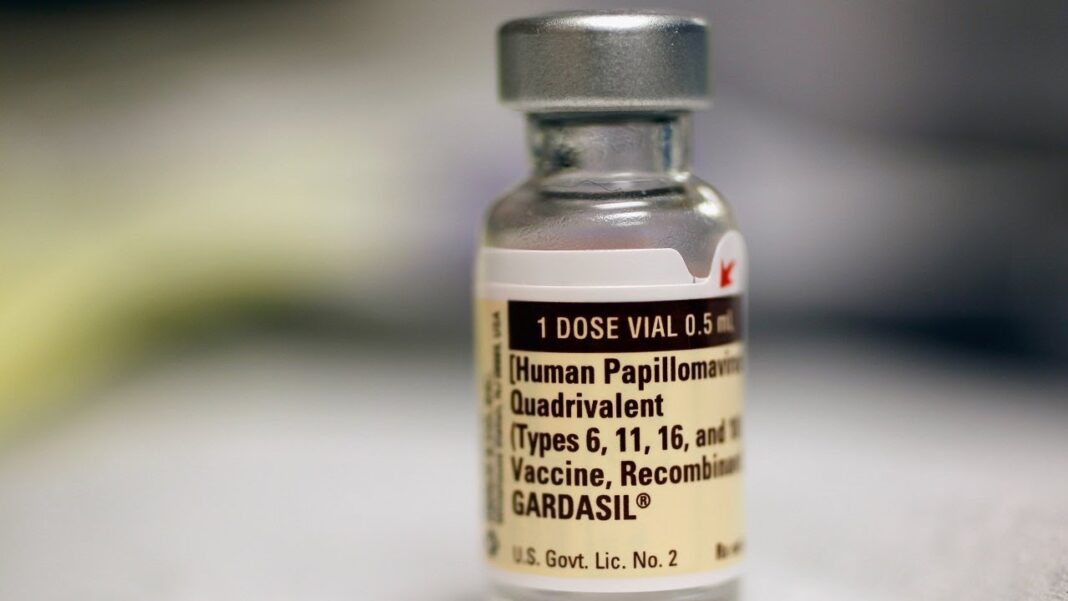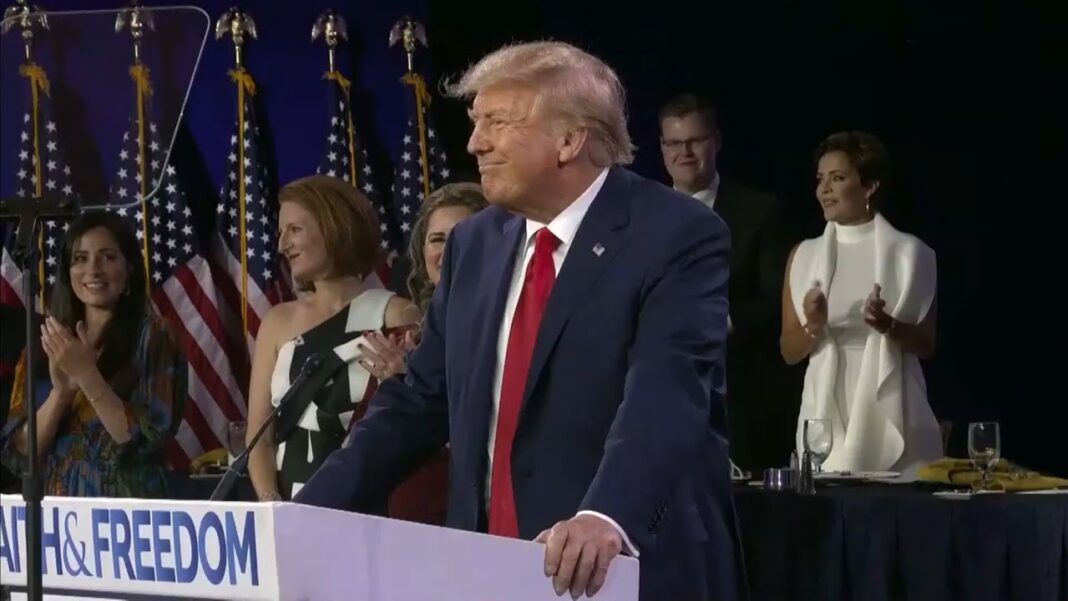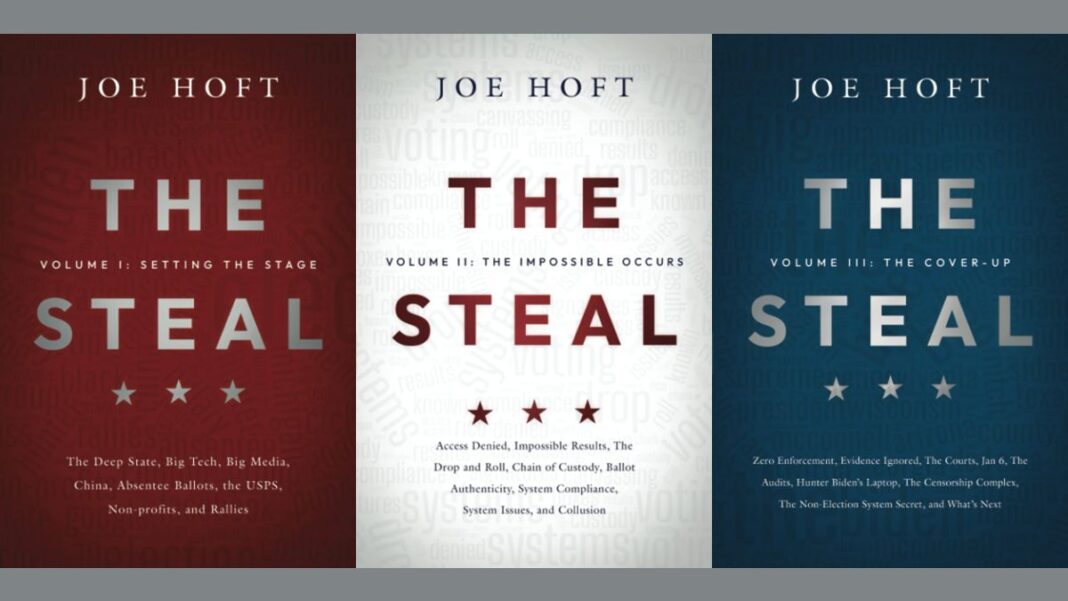The HPV Vaccine: A Double-Edged Sword? (Part 1)
The human papillomavirus (HPV) vaccine has been recommended by doctors as the main measure to take against cervical cancer. Many people, including doctors, think there is no risk since there are no recognized cases with proven association with the vaccine.
But is this true? Does the HPV vaccine really deliver the stellar protection promised or is it a double-edged sword with risks that outweigh the benefits?
In this series, “The HPV Vaccine: A Double-Edged Sword?” we will provide a collection of documented evidence of death and serious injuries associated with Gardasil. Their existence is undeniable. We will also analyze the potential mechanisms for serious adverse events and disclose important facts about the vaccine. We will conclude with a discussion about the underlying root causes for the phenomena behind the HPV vaccines and will provide recommendations for key stakeholders.
With nearly two decades of experience as a medical doctor with a doctorate in infectious disease, I have been dedicated to extensive research, allowing me to acquire profound insights into diverse viruses and vaccines. I have been actively engaged in numerous clinical research projects, acquiring a wealth of knowledge in assessing the efficacy and safety of pharmaceutical products. My expertise extends beyond laboratory experiments and encompasses a comprehensive understanding of their tangible impact on individuals.
Since taking the sacred Hippocratic oath 32 years ago, which solemnly emphasizes the principle: “First, do no harm,” I have felt a profound sense of responsibility. This responsibility compels me to write about the HPV vaccine, which carries significant implications for the lives of young individuals.
For those who are considering the HPV vaccine, here are my thoughts and recommendations.
HPV Vaccines and CDC Recommendations
There have been three HPV vaccines—the quadrivalent HPV vaccine (Gardasil, 4vHPV, approved in June 2006), the bivalent HPV vaccine (Cervarix, 2vHPV, approved in October 2009), and the 9-valent HPV vaccine (Gardasil 9, 9vHPV, approved in December 2014)—all licensed by the U.S. Food and Drug Administration (FDA).







